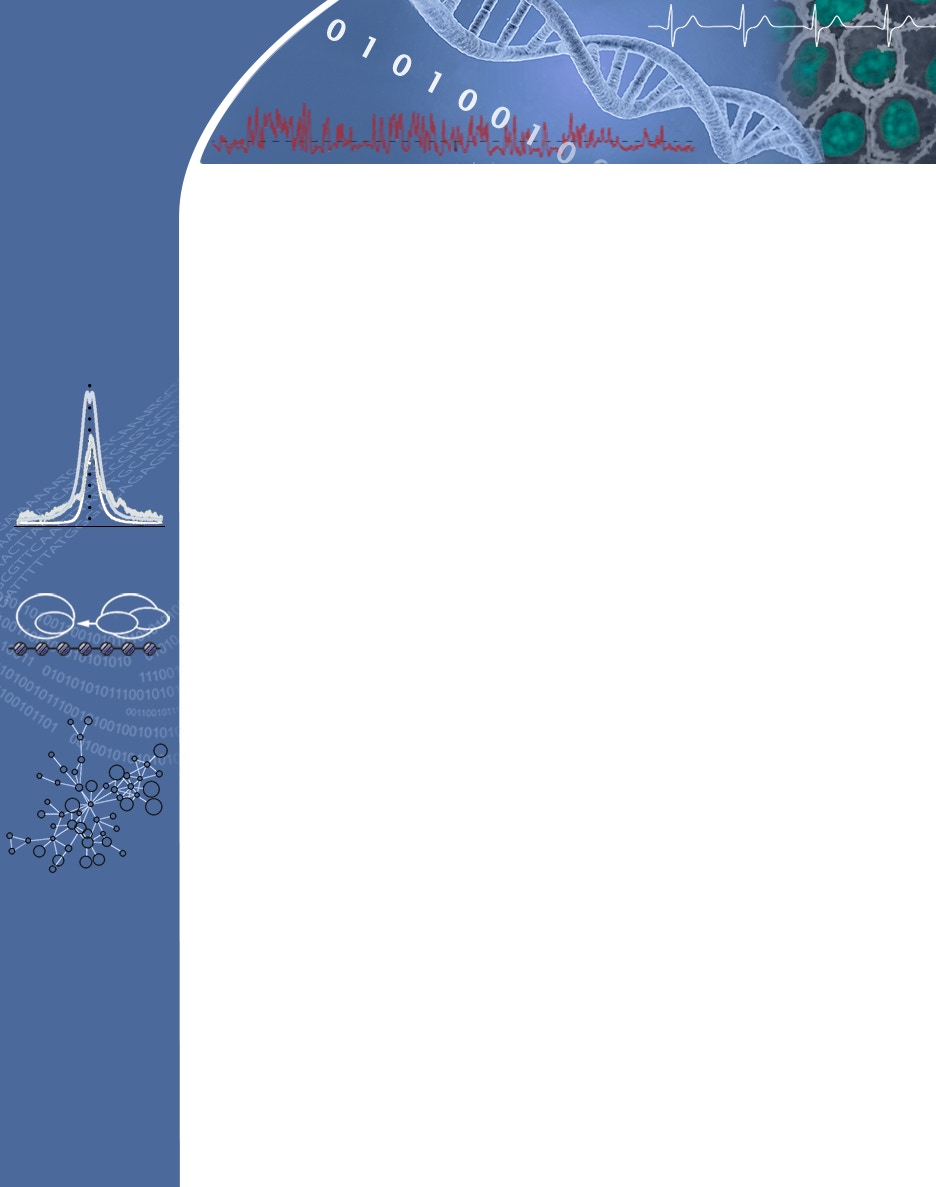


Research





Our research is focused on the integrative computational analysis of biomedical data to probe molecular mechanisms of chromatin regulation and quantitative pathophysiology of disease.
Chromatin is a dynamic system that can be remodeled by chemical modifications, adjusting nucleosome positions, changing physical contacts between chromatin sites, binding regulatory proteins and RNAs, and other mechanisms. These mechanisms of chromatin remodeling are essential for the control of gene activity and other genomic functions. Malfunction of chromatin regulation is involved in various diseases including many types of cancer. We probe the mechanisms of chromatin regulation using large-scale approaches of quantitative epigenomics, combined with more focused approaches of biochemistry and genetics to test specific mechanistic hypotheses generated by computational analyses. When necessary, we develop new computational methods to advance these analyses.
A separate but overlapping area of our research is quantitative analysis of electronic medical records, which can provide new insights into pathophysiology of disease, help improve diagnosis, and inform patient’s treatment. We are especially interested in the computational analysis of standard clinical measurements widely performed in large patient cohorts, for example basic blood tests, which provide a variety of numerical parameters reflecting important aspects of patient’s physiology at a given timepoint.
Our lab is involved in intensive collaborations with multiple experimental and clinical research groups that focus on both fundamental and medical aspects of genomic and epigenomic regulation in healthy cells and in disease. For example, these collaborations helped discover a new small molecule that overcomes differentiation arrest in acute myeloid leukemia (Sykes et al, Cell 2016), a new small-molecule inhibitor of drug resistance in fungal infections (Nishikawa et al, Nature 2016), molecular paths of clonal evolution leading to EGFR inhibitor resistance in non-small lung cancers (Hata et al, Nat Med 2016), a key chromatin remodeling mechanism of suppressing pancreatic ductal adenocarcinoma (Kugel et al, Cell 2016), a surprisingly crucial role of macrophages in facilitating electrical conduction in the heart (Hulsmans et al, Cell 2017), and the dependence of developmental body patterning on chromatin compaction by a Polycomb group protein Cbx2 (Lau et al, Science 2017).


